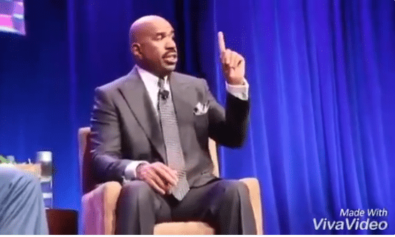Although it is popular to accuse couples of setting themselves up for disaster by expecting too much from marriage, for many of us the problem is exactly the opposite: we don’t set our sights high enough.
In keeping our expectations low we may hope to prevent disappointment, but this strategy holds some serious dangers. Limited expectations generate a modest vision of what is possible and they can easily become self-fulfilling prophecies.
The greater the possibilities that we envision, the higher we are likely to set our goals. Where we aim has less to do with what we are actually capable of achieving than what we believe to be attainable or realistic.
Prior to Roger Banister’s breaking of the 4-minute mile in 1954, it was deemed impossible for a human being to achieve that feat. Almost immediately after his accomplishment, other runners joined the sub-4-minute-mile club. Within a decade, several hundred runners had done what ten years previously had been seen as impossible. Such is the power of expectations.
When Linda and I got married in 1972, I deliberately set my sights low. All the better to avoid the disappointment that I expected if I hoped for anything more than a comfortable arrangement in which we got along reasonably well and didn’t fight too much. Talk about low expectations.
Having observed very few examples of thriving long-term relationships, I approached marriage somewhat unenthusiastically. Truth be told, from my perspective, the idea of a good marriage was an oxymoron. Yet for reasons that I couldn’t at the time quite fathom, despite my resistance to it, I seemed drawn to marriage like a moth to a flame.
My game plan for resolving this paradox was to develop a strategy of limited engagement. All the better to minimize the chances of disappointment and suffering. Unfortunately, not only did my strategy fail to prevent disappointment, but it left me frequently feeling resentful and frustrated.
What I hadn’t factored in to the equation was that my head wasn’t the only part of me that was engaged. As Blaise Pascal famously said, “The heart has its reasons of which reason knows nothing,” and my heart had its own agenda. Ultimately, it insisted on having its say…
Read More: psychcentral.com


